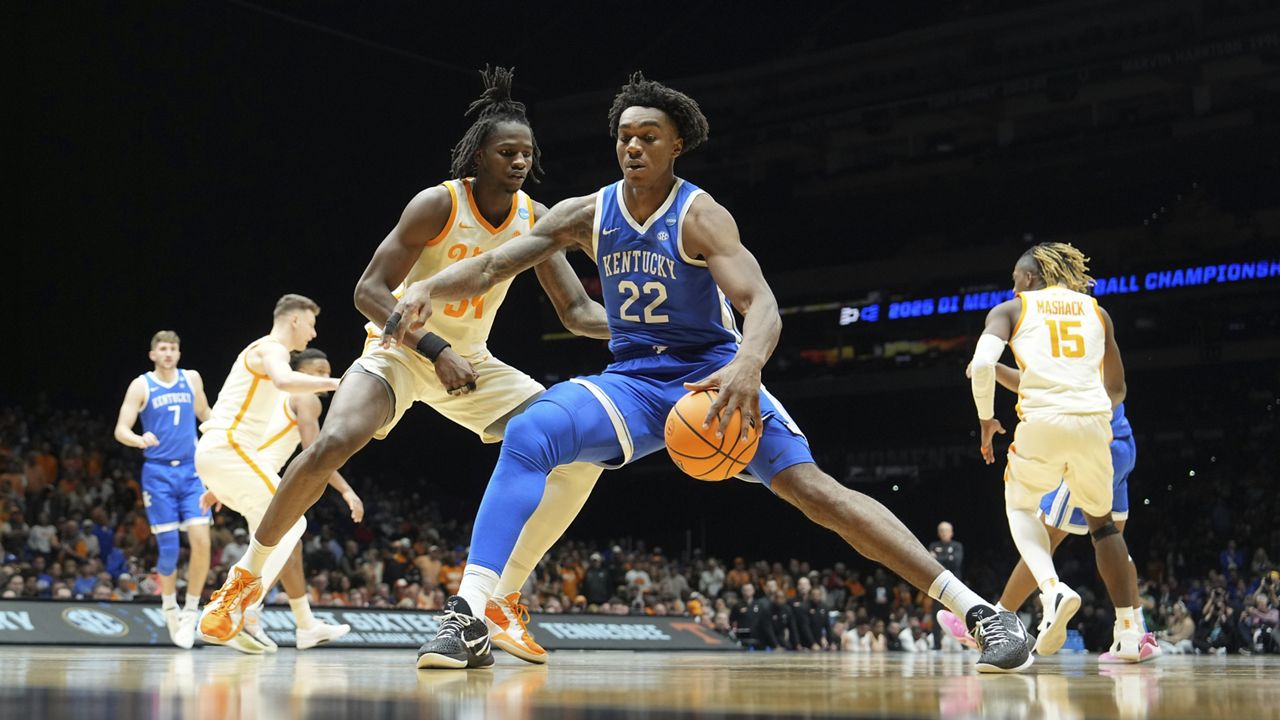LOUISVILLE, Ky. — Diane Breeding is a breast cancer survivor in remission. She credits early detection and regular screenings for saving her life.
New recommendations released this week from the U.S. Preventative Task Force Services say women should start getting screened every other year starting at age 40.
Breeding was diagnosed in February of last year after a detection at her annual mammogram one month prior.
“The thing that makes my story is that there was no family history at all... no family history, nothing,” she said. “It was totally found on that routine mammogram.”
Breeding had been going to routine mammogram screenings and is a big proponent of them.
“If I had not been faithful with my mammograms, there’s no telling how far down the road this thing could have potentially gotten before it would have been found,” Breeding said.
The U.S. task force says this new recommendation could save 19% more lives, as data trends have shown more women between ages 40 and 50 being diagnosed with breast cancer.
And while the task force put out the new recommendations this week, breast cancer specialist from Norton Healthcare, Dr. Laila Agrawal, says the recommendation is not new.
“This places their recommendation in line with multiple other cancer organizations,” Agrawal said.
The previous recommendation was for women with an average risk of breast cancer to get mammograms starting at age 50.
“This was a problem, because we know younger women are being diagnosed with breast cancer, women who are younger than that stated age of 50,” Agrawal added.
She says one out of six women diagnosed with breast cancer is between the ages of 40 and 49.
“Mammograms help to catch cancer at an earlier stage and catching it at an earlier stage is generally more treatable with better outcomes,” she said.
Though the U.S. Preventive Task Force recommends getting screened every other year, Agrawal says it’s important to get screened every year.
Taking race into consideration is also crucial when screening. Black women are 40% more likely to die of breast cancer compared to white women.
“So it’s more important than ever that we have appropriate screening guidelines that take race into consideration. At this time, the United States Preventive Task Force Services states that more research is needed.”
Breeding says she thinks the importance of screenings is not exclusive to breast cancer.
“It’s not just breast cancer screenings. It’s all cancer screenings,” Breeding said. “And I know people are like, ‘oh my gosh, I got to go get a colonoscopy!’ Go get it. You got to have it. It’s a necessary evil, but you got to have it done.”










